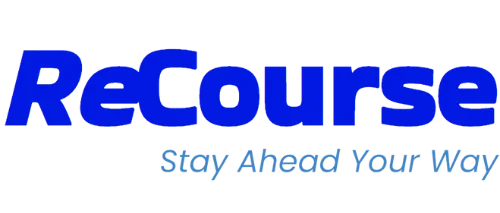
N*******************e
FeaturedAbout Candidate
Biotech postgraduate and Clinical SAS programmer with a year of internship expertise. Skilled in R, Python, and PowerBI, adept at statistical programming, data analysis, and visualization. Committed to enhancing clinical research through data-driven insights and efficient solutions.
Technical Project Experience
Feb 2023 - Mar 2023)
Global Certifications (if any)
Education
Work & Experience
As an intern clinical SAS programmer, my responsibilities include: 1) Writing, testing, and debugging SAS code to generate tables, listings, and figures (TLFs) for clinical trial reports. 2) Performing data validation and quality checks to ensure accuracy and integrity of datasets and outputs. 3) Collaborating with team lead, to support data-driven decision-making. 4) Adhering to regulatory standards and CDISC guidelines for data standardization (SDTM version 3.4, ADaM version 1.3). 5) Identifying and resolving data-related issues and programming challenges. 6) Continuously improving SAS programming skills and staying updated on industry best practices. 7)Assisting in the creation of clinical study reports and regulatory submissions. 8) Seeking guidance and learning from experienced SAS programmers and biostatisticians to develop proficiency in clinical data analysis.
As an Asst. Professor, I was involved in, Teaching and Curriculum Development: 1) Delivered lectures and lab sessions in biotechnology courses. 2)Developed and updated course materials and syllabi to meet academic standards. 3) Mentored and advised students in their academic, research and career development. 4)Conducted research in their field of expertise, often involving students. Academic Leadership: 1) Participated in departmental meetings and committees. 2) Assisted in curriculum development and program assessment. 3) Contributed to the accreditation process and quality assurance in academic programs Sports and Athletics: 1)Assisted college sports teams and activities. 2)Organized and promoted sports events and competitions. 3)Encouraged student participation in physical fitness and sportsmanship. Cultural Activities: 1)Promoted cultural awareness and diversity on campus. 2) Organized cultural events, festivals, and exhibitions. 3) Advised and supported student cultural clubs and organizations. Time Management: 1)Effectively managed time and responsibilities across academics, sports, and cultural activities. 2)Ensured that academic commitments take precedence during the academic calendar. Student Engagement: Encouraged students to actively participate in sports and cultural activities while maintaining academic focus.

